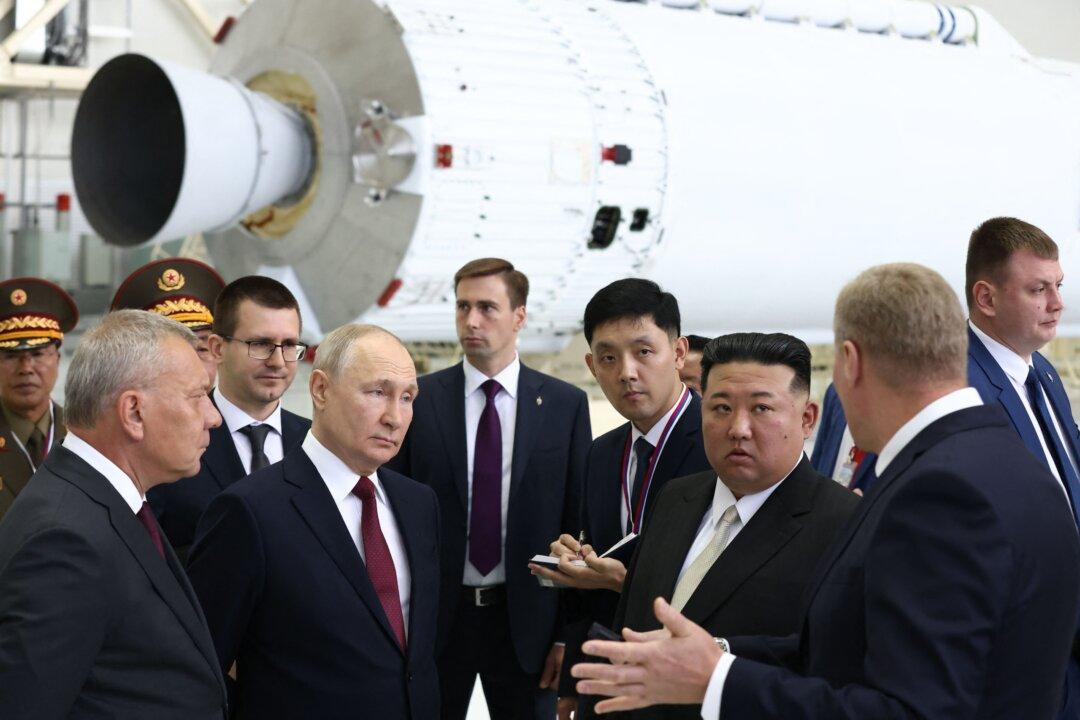For several decades, North Korea has masterfully balanced its relations with the Chinese Communist Party (CCP) and Russia, maintaining a relationship with the latter that is both complex and ever-changing.
The dynamics have shifted notably since Russia found itself sanctioned and isolated by the international community following its invasion of Ukraine in February 2022.





